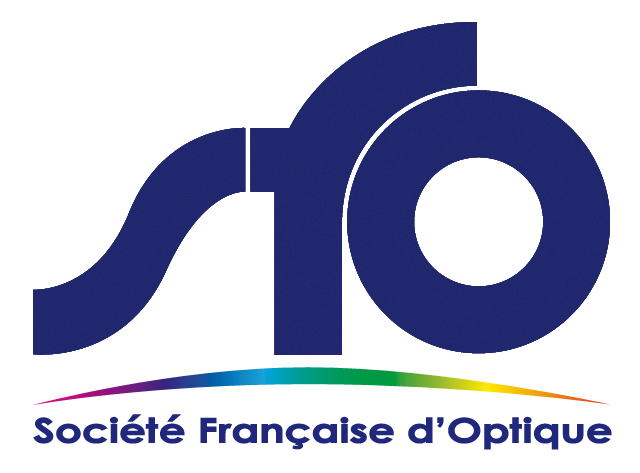International Conference on Aerosol Cycle (ICAC) 2017
Du 21/03/2017 au 23/03/2017
- Learning Center Innovation LILLIAD, Université d - Villeneuve d'Ascq
ICAC 2017 « International Conference on Aerosol Cycle : Sources – Aging – Sinks – Impacts » se tiendra du 21 au 23 mars à LILLIAD, Université de Lille.
A vocation interdisciplinaire, ce colloque est organisé en 5 sessions permettant d'aborder l'ensemble des thématiques relatives au cycle de l'aérosol.
Six conférenciers invités introduiront les thématiques abordées dans les différentes sessions :
Session 1: Observation
Paolo LAJ
Laboratoire de Glaciologie et Géophysique de l’Environnement (LGGE), Université Grenoble Alpes, Grenoble, France
Olga V. KALASHNIKOVA
NASA Jet Propulsion Laboratory, California Institute of Technology, Pasadena, CA, United States of America
Current and future NASA Satellite Observations of Aerosol Types for Climate and Air-Quality applications
Session 2: Modeling
Markku KULMALA
Division of Atmospheric Sciences at the Department of Physics, University of Helsinki, Finland
Atmospheric aerosols: from molecular clustering to air quality and global climate
Session 3: Physico-chemical properties
Hartmut HERRMANN
Atmospheric Chemistry Department, Leibniz Institute for Tropospheric Research (TROPOS), Leipzig, Germany
Aerosol particle organic mass formation: HOMs uptake and cloud processing
Session 4: Reactivity of aerosols and their precursors
Astrid KIENDLER-SCHARR
Institute of Energy and Climate Research IEK-8: Troposphere, Forschungszentrum Jülich, Germany
Secondary aerosol formation and aging: day and night time processes
Session 5: Climate and Impacts
A. R. RAVISHANKARA
Departments of Chemistry and Atmospheric Science, Colorado State University, CO, United States of America
Aerosols in the atmosphere: Their impact on composition, radiation, and health
Workshop : VIIRS Dark Target Aerosol Product
Richard KLEIDMAN
NASA/GSFC, Science Systems and Applications INC
Introduction to the VIIRS-DT aerosol product for users already familiar with MODIS-DT : similarities and known differences between the two products, tools that can be used to analyze both.
Date limite d'inscription : 28 février
comité scientifique :
- Dr Pascale DESGROUX (PC2A, CNRS/Université Lille 1)
- Prof. Philippe GOLOUB (LOA, Université Lille 1/CNRS)
- Prof. Nathalie HURET (LPC2E/Université d’Orléans/CNRS, France)
- Dr Marc MALLET (CNRM/Météo France/CNRS)
- Dr Laurent MENUT (LMD, CNRS/Ecole Polytechnique)
- Prof. Véronique RIFFAULT (SAGE/Mines Douai)
- Dr Céline TOUBIN (PhLAM, Université Lille 1/CNRS)
- Prof Eric VILLENAVE (EPOC, Université de Bordeaux/CNRS)
- comité d'organisation : Mrs Anne BURLET-PARENDEL (Labex CaPPA)
- Prof. Patrice CODDEVILLE (SAGE/Mines Douai)
- Dr Yevgeny DERIMIAN (LOA, CNRS/Université Lille 1)
- Mrs Christelle FAUCONNET (Labex CaPPA)
- Prof. Thérèse HUET (PhLAM, Université Lille 1/CNRS)
- Prof. Denis PETITPREZ (PC2A, Université Lille 1/CNRS)
- Dr Didier TANRE (LOA, CNRS/Université Lille 1)
publics visés : entreprises et laboratoires de recherche appliquée développant des instrumentations d'intérêt pour l'optique atmosphérique et la physico-chimie de laboratoire. L'instrumentation scientifique utilisée pour étudier les propriétés physico-chimiques de l'atmosphère fait appel aux techniques basées sur l'optique (dans une moindre mesure la photonique) : par exemple Lidars, Lasers en laboratoire.
